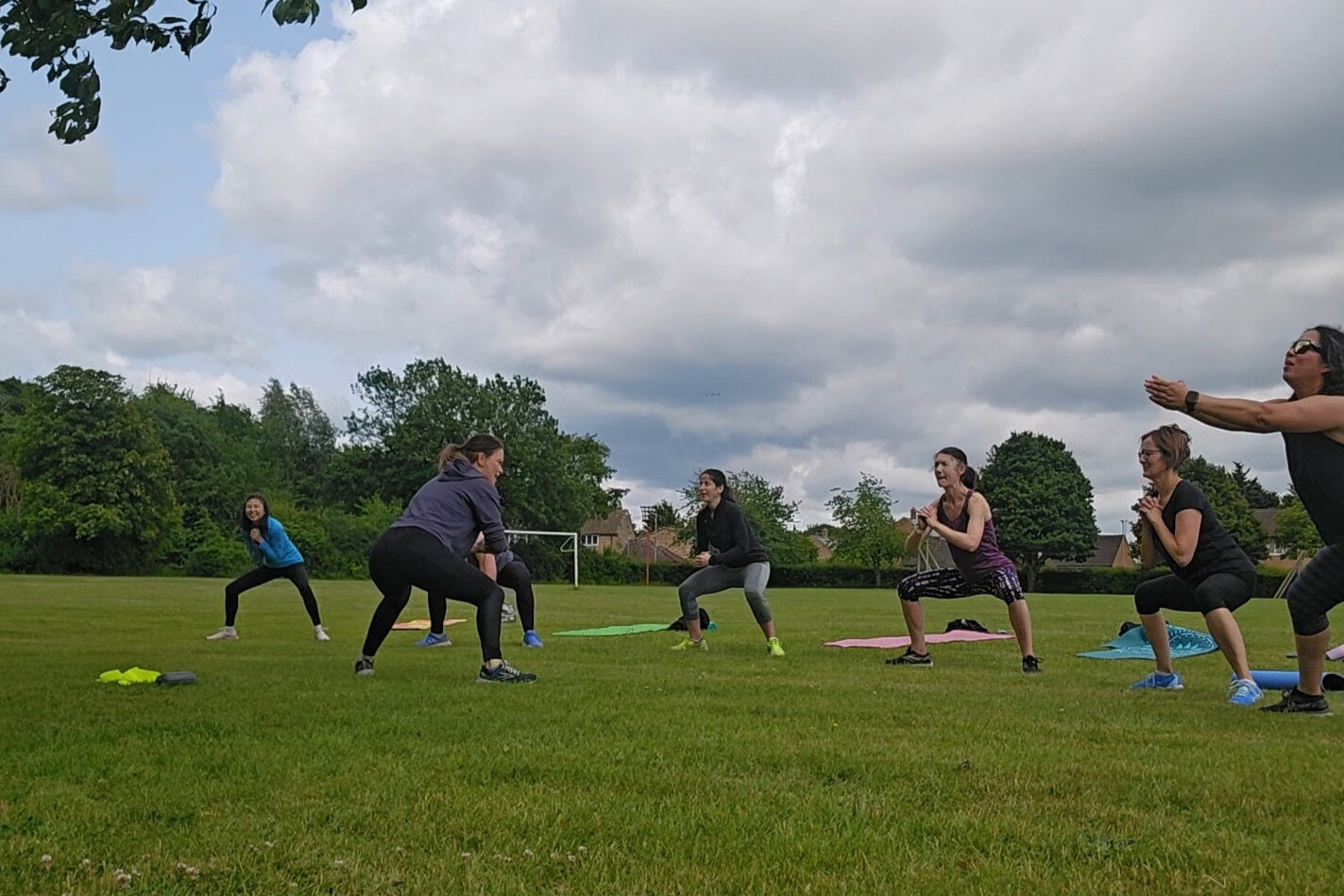Why does stress affect women differently to men?
Our unique female physiology affects our stress response differently from men. While it’s very well understood for healthy females to experience hormonal fluctuations throughout the month, for many women, stress can play havoc with their body, hormones and overall health & wellbeing – but it doesn’t have to be this way.
Heightened stress levels negatively impact the production of female reproductive hormones, estrogen and progesterone, potentially leading to health issues such as fertility problems, polycystic ovary syndrome, depression, heart problems, and diabetes.
Equally,
- Women are more likely to face stress-related conditions, including anxiety disorders, autoimmune diseases, and thyroid dysfunction.
- Many women (myself included) juggle multiple roles at work, at home, with extended family and in the community, which can increase both their physical, mental and emotional load.
How stress affects women, and what to do about it
While I’m not suggesting you quit your job, stop caring for your family, or pack up and move to a tropical island. I am inviting you to pause – just for a moment – and really listen to your body. Reflect on how you feel, deep down, and consider these questions:
- How are your energy levels today?
- Do you sleep well?
- Do you feel in control of your health?
- When was the last time you didn’t feel tension in your neck, shoulders, head, or jaw?
- And when was the last time you truly prioritised yourself – your health, your happiness, your wellbeing?
For many women, the honest answers can be confronting. Stress, busyness, and the constant responsibility take their toll. But the good news is that there are simple, powerful ways to reset.
With regular exercise, the right nutrition, social connection and proper rest…I’m talking lifting weights, parkrun on Saturdays, lazy Sundays with nothing planned, mindfulness, yoga, girls’ trips away, bike rides through forests, walks along the beach, “whatever it is you like to do, for you”,
The benefits speak for themselves..
- Regular physical activity, especially strength training and moderate cardio, ideally outdoors, helps lower cortisol, burn fat, and boost endorphins (McEwen, 2008; Rogerson et al., 2024).
- Relaxation and breathing techniques such as yoga, meditation, or simple deep breathing calm the nervous system and reduce anxiety (Chrousos, 2009).
- Prioritising 7–9 hours of sleep each night supports recovery, hormone balance, and mental resilience (Yap et al., 2024).
- Eating a balanced diet with complex carbs, lean protein, healthy fats, and fibre stabilises blood sugar and reduces reliance on quick fixes like caffeine and sugar (Owens et al., 2024).
- Strong social bonds and community provide a powerful buffer against stress, particularly for women (Kudielka & Kirschbaum, 2005).
- Time outdoors in natural light and nature lowers cortisol, improves mood, and supports better sleep (Hogenelst et al., 2025).
Next steps
You don’t need to overhaul your life to feel better. You just need to pause, listen to your body, and take small, consistent steps that prioritise your health and happiness. Over time, those little choices add up to powerful changes – leaving you stronger, calmer, and more in control of your wellbeing.



